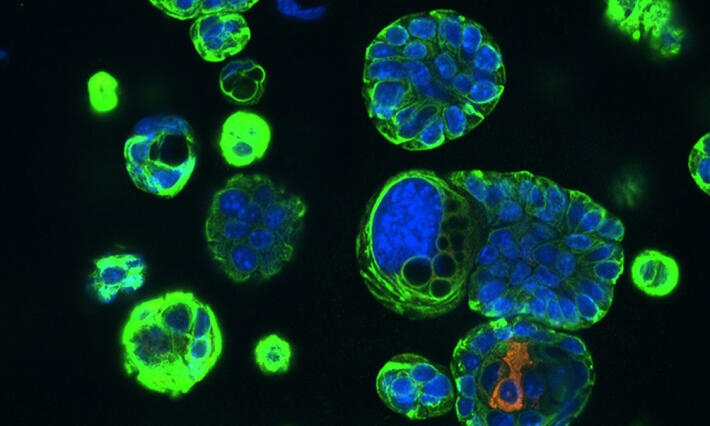In a global phase 1/2 clinical trial, sotorasib as a monotherapy “demonstrated meaningful anticancer activity in patients with heavily pre-treated KRAS G12C–mutated advanced pancreatic cancer,” says John Strickler, MD, site principal investigator for CodeBreaK 100 and lead author of an article published by the New England Journal of Medicine last month on the study results. "It's the largest dataset so far evaluating a KRAS G12C inhibitor in these patients, whose therapeutic options are limited."
Pancreatic cancer has an overall 5-year survival rate of 11.5%.
Sotorasib works by targeting the KRAS G12C mutation, which occurs in approximately 1 to 2% of pancreatic cancers. In this study, which evaluated its safety and efficacy as a monotherapy, sotorasib was well tolerated with no side effects that led to treatment discontinuation. The median progression-free survival was four months and the median overall survival was 6.9 months.
“These data support further exploration of sotorasib either alone or with other therapies in this patient population with high unmet medical need,” said Strickler, a Duke GI medical oncologist, associate professor of Medicine, and co-leader of the Molecular Tumor Board and Precision Cancer Medicine and Investigational Therapeutics Research Program at DCI.
Sotorasib is already approved to treat adult patients with KRAS G12C‑mutated locally advanced or metastatic non‑small cell lung cancer who have received at least one prior systemic therapy. The mutation is much more common in non-small cell lung cancer, where it occurs in 13% of cases, or 1 in 8 patients with non-small cell lung cancer.




